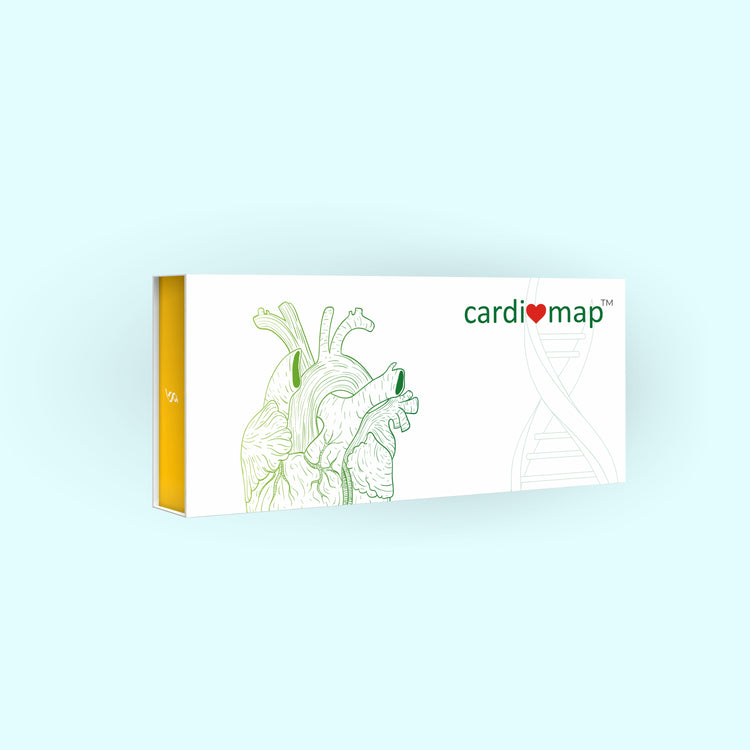Atrial Fibrillation
Atrial fibrillation (AFib) is a prevalent heart rhythm disorder characterized by irregular and often rapid heartbeat. It affects millions of people worldwide and is associated with an increased risk of stroke, heart failure, and other cardiovascular complications. Understanding the causes, symptoms, and management strategies for AFib is crucial for maintaining heart health and overall well-being.
Causes of Atrial Fibrillation:
Several factors can contribute to the development of atrial fibrillation, including:
- Age: The risk of AFib increases with age, particularly in individuals over 60 years old.
- High Blood Pressure: Hypertension is a significant risk factor for AFib as it can damage the heart‘s electrical system over time.
- Heart Diseases: Conditions such as coronary artery disease, heart valve disorders, and congenital heart defects can predispose individuals to AFib.
- Obesity: Excess body weight puts additional strain on the heart and increases the risk of developing AFib.
- Sleep Apnea: Untreated sleep apnea is associated with an increased risk of atrial fibrillation due to intermittent hypoxia and stress on the cardiovascular system.
- Alcohol Consumption: Excessive alcohol intake, particularly binge drinking, can trigger atrial fibrillation episodes in susceptible individuals.
Symptoms of Atrial Fibrillation:
The symptoms of atrial fibrillation can vary from person to person and may include:
- Palpitations: Irregular or rapid heartbeat sensations.
- Fatigue: Feeling unusually tired or weak, even with minimal exertion.
